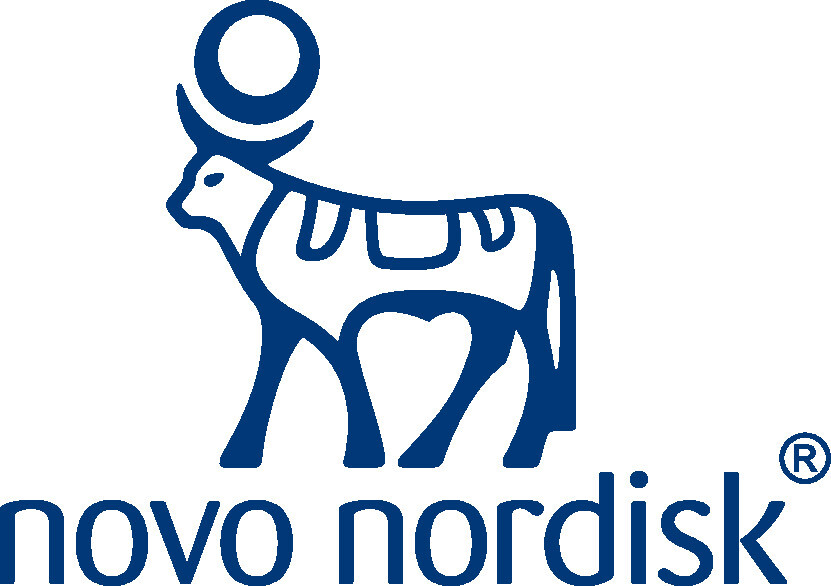
OAMHAD Symposium Agenda - May 16, 2022
The OAMHAD Symposium will take place from 10:00 am until 5:00 pm EST on May 16, 2022. Please note all session times listed below are listed based on your local time zone. To view sessions, click on the desired session title listed below, then click on the "Watch Session" button. Access to live sessions will begin 5 minutes prior to the start of the live session.
Welcome and Keynote
Mon, May 16 at 10:00 am EDT
Welcome and Opening Remarks
Overview
Welcome from ACL, SAMHSA, and HRSA
Opening Remarks
Jessica Schubel, Director of the Affordable Care Act and Health Care with the United States Domestic Policy Council, Executive Office of the President
- Jessica Schubel will share updates and priorities from the White House Domestic Policy Council.
Department of Health and Human Services Deputy Secretary, Andrea Palm
- Deputy Secretary Palm will provide a welcome and introductory remarks to kick off the day. Introduction remarks will focus on the importance of the day; Administration/Departmental priorities; and how the Department is helping to ensure older adults have access to the behavioral health services and supports they need to remain healthy, independent, and connected in their communities.
Statement from Mrs. Rosalynn Carter read by Dr. Eve Byrd, Director, Mental Health Program at The Carter Center
Keynote
Q&A Discussion with Jane Pauley and NCOA's CEO Ramsey Alwin
- Jane Pauley will be discussing her personal journey with mental health.
Eligible for .75 CEU with live participation.
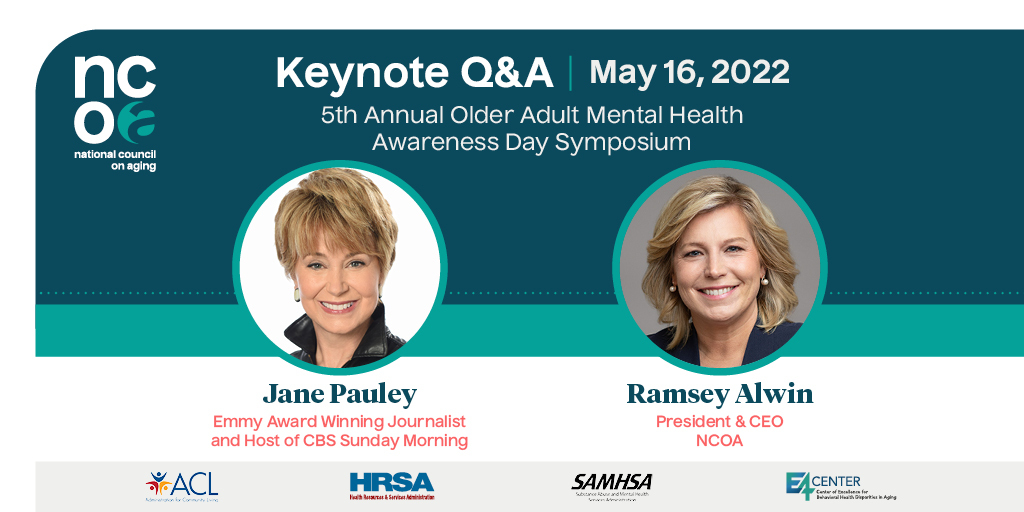
Speaker(s)
Alison Barkoff, Performing the duties of the ACL Administrator and Assistant Secretary for Aging, U.S. Administration for Community Living
Miriam E. Delphin-Rittmon, Assistant Secretary for Mental Health and Substance Use, Substance Abuse and Mental Health Services Administration
Carole Johnson, Administrator, Health Resources and Services Administration
Jessica Schubel, Director of the Affordable Care Act and Health Care, Domestic Policy Council
Andrea Palm, Deputy Secretary, Department of Health and Human Services
Jane Pauley, Host, 'CBS Sunday Morning'
Ramsey Alwin, President & CEO, National Council on Aging
Mon, May 16 at 10:45 am EDT
Break - NAMI Pride: Speak Your Truth!
Overview
Alikah Adair has the amazing ability to light up a room by boldly sharing her mental health story with others and encouraging others to do the same. As a member of the LGBTQI+ NAMI community living with bipolar, she calls out to others silently struggling to find their own community and support through NAMI.
https://nami.org/Support-Education/Video-Resource-Library/NAMI-Pride-Speak-Your-Truth
Concurrent Breakout Sessions
Mon, May 16 at 11:00 am EDT
A Look at Trauma-Informed Care
Overview
Up to 90% of older adults have experienced at least one traumatic event in their lifetime. This session addresses the importance of a trauma-informed care framework to create a community environment that understands, recognizes, and responds to the effect of the experience of trauma in older adults.
Eligible for 1 CEU with live participation
Learning Objectives:
At the end of this session, participants will be able to:
1) Understand the prevalence of trauma among older adults.
2) Describe the basic tenants of trauma-informed care, its importance, and common triggers.
3) Identify how individuals in various settings and levels have a role to play in trauma-informed care.
Speaker(s)
Lily Liu, Family Caregiver
Lisa Brown, Ph.D., ABPP, Professor, Palo Alto University
Leah Bergen Miller, Associate Director, Center on Holocaust Survivor Care and Institute on Aging and Trauma
Moderators
Erin Emery-Tiburcio, PhD, ABPP, Co-Director, E4 Center of Excellence for Behavioral Health Disparities in Aging
Mon, May 16 at 11:00 am EDT
Practical Strategies to Navigate Mental Health Resources and Services for Older Adults and Caregivers
Overview
Navigating mental health care resources and services for older adults and caregivers can be overwhelming. This session will provide an overview of the landscape, highlight successful initiatives, and provide practical steps you can use to help connect older adults and caregivers in your community to services and supports.
Eligible for 1 CEU with live participation
Learning Objectives:
At the end of this session, participants will be able to:
1) Discuss common barriers and challenges for providers and older adults to locate and connect to mental health resources and services.
2) Identify programs, such as the Program to Encourage Active, Rewarding Lives (PEARLS), that can serve as a linkage between behavioral health services and the community.
3) Locate resources and supports in their community to assist in connecting older adults and caregivers to mental health services.
Speaker(s)
Lynn Cooper, Behavioral Health Advocate, Behavioral Health Policy Specialist, Pennsylvania Association of Area Agencies on Aging
Leigh Ann Eagle BS, Chief Operations Officer, Maryland Living Well Center of Excellence, Maryland Living Well Center of Excellence - MAC, Inc.
Charles H. Smith, PhD, MA, Regional Administrator – Region VIII, Substance Abuse and Mental Health Services Administration, U.S. Department of Health and Human Services - Region VIII
Moderators
Kristie Kulinski, Team Lead, Office of Network Advancement, Administration for Community Living (ACL)
Mon, May 16 at 11:00 am EDT
Obesity and Mental Health in Older Adults: How to Beat Stigma and Seek Help
Overview
This session will look at the prevalence and risk factors for obesity as one ages. It will discuss how excess weight impacts our mental health with a focus on marginalized and minority populations and where to seek help.
At the end of this session, participants will be able to:
1. Describe the connection between obesity and mental health in older adults, including the role of stigma, bias, stress, and past trauma.
2. Recognize the policy implications with respect to treatments for obesity and mental health for older adults, including equitable access and Medicare Part D coverage.
3. Identify resources for older adults to seek help and highlight solutions, such as the benefit of social connection.
Session Sponsored by Novo Nordisk
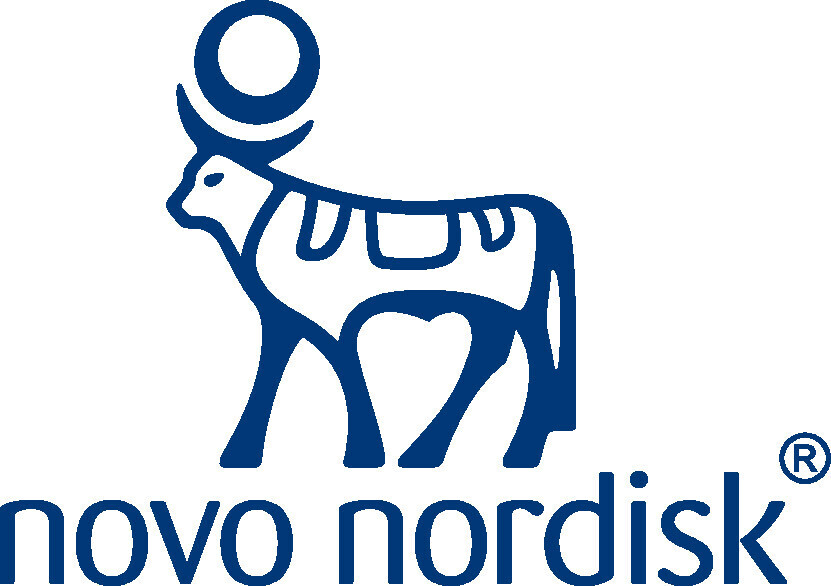
Eligible for 1 CEU with live participation
Speaker(s)
Tiffani Bell Washington, MD, FAPA, Diplomate of American Board of Obesity Medicine, Diplomate of American Board of Lifestyle Medicine
Patricia Nece, J.D., Chair for the Obesity Action Coalition, Patient Advocate
Moderators
Dorothea K. Vafiadis, MS, FAHA, Director, Health Partnerships and Strategic Engagement, National Council on Aging
Mon, May 16 at 12:00 pm EDT
Break - Stories and Resources from SAMHSA
Overview
Take time during the break to tune into these stories and resources from SAMHSA.
Dan L – Living with Major Depression
A managing partner at a law firm, Dan was diagnosed with major depression in his 40s. “People can’t recover from depression by themselves,” he says. It takes treatment and support to do so. “The biggest contribution I can make is to connect with other people with major depression and let them know they aren’t alone,” Dan says. “You can be a professional person or working person and you can live with depression.” Start your journey managing major depression by calling SAMHSA’s National Helpline at 1-800-662-HELP. Learn more at www.samhsa.gov/serious-mental-illness.
Support for Serious Mental Illness | Real Stories
Support and connections are critical for those living with a serious mental illness (SMI). Learn from people with lived experience how their support systems and connections help them manage their major depressive disorder, bipolar disorder, and schizophrenia. To learn more about serious mental illness, and the possibility of recovery, visit samhsa.gov/serious-mental-illness or call SAMHSA’s National Helpline at 1-800-662-HELP (4357) for 24/7 free and confidential information and treatment referral.
Screening and Treatment for Co-Occurring Mental Health and Substance Use Disorders
Learn how integrated screening and treatment for patients with both a mental illness and substance use disorder can make treatment more effective for patients. An integrated approach leads to better quality of care and health outcomes for patients. Visit www.SAMHSA.gov/co-occurring to learn more.
Spotlight Session
Mon, May 16 at 12:45 pm EDT
Understanding and Preventing Suicide in Older Adults
Overview
Older adults comprise more than 16% of the population, but approximately 18% of suicides. This session discusses risk factors for suicide in older adults, how it varies across gender and racial/ethnic subgroups, and interventions that can help to prevent suicide.
Eligible for 1 CEU with live participation
Learning Objectives:
At the end of this session, participants will be able to:
1) Understand the scope and prevalence of suicide in older adults.
2) Recognize the factors that place older adults at an increased risk for suicide.
3) Describe evidence-based approaches to suicide prevention and identify resources, such as the nation’s new 988 crisis hotline, to assist older adults.
Speaker(s)
Yeates Conwell, M.D., Professor and Vice Chair, University of Rochester Medical Center, Department of Psychiatry
Mary Chase Mize, PhD, APC, NCC, Postdoctoral Researcher, Georgia State University
Jeffrey Shultz, Suicide Awareness Advocate
Moderators
Richard McKeon, Ph.D., Chief, Suicide Prevention Branch, Center for Mental Health Services, SAMHSA
Mon, May 16 at 1:45 pm EDT
Break - Making the Connection – Veteran’s Spotlight
Overview
Watch Veterans share real stories of strength and recovery in our Veteran's Spotlight.
Walking in the Light - Deborah’s Story
After serving in the U.S. Air Force, Deborah experienced symptoms of PTSD and endured substance misuse and abusive relationships. She finally reached out to VA for support and discovered that opening up and trusting in others created the path to recovery she needed.
I’m not a victim anymore - Robert’s Story
Robert was sexually assaulted while serving in the Navy. He hid the rape for years, but the effects persisted. He had nightmares, drank to excess, used drugs, and felt depressed. At his lowest point, he called the Veterans Crisis Line. He connected with VA mental health treatment and turned his life around. Now, he’s proud of his service.
Vietnam Veterans: Welcome Home
Vietnam Veterans are pillars in communities nationally and have overcome many challenges. Yet they may still face difficult life events, such as retirement or losing a loved one. No matter how long it’s been since you served, you can improve your life. Watch these Vietnam Veterans’ true stories as they encourage others to reach out for support.
Find more videos and resources on the Make the Connection website.
Concurrent Breakout Sessions
Mon, May 16 at 2:00 pm EDT
Beyond the Doctor’s Office: Older Adult Mental Health Care
Overview
Access to mental health care services for older adults can be fragmented and difficult to navigate. This session explores programs beyond the health care system to address older adult mental health such as the evidence-based program, the Wellness Recovery Action Plan (WRAP).
Eligible for 1 CEU with live participation
Learning Objectives:
At the end of this session, participants will be able to:
1) Describe services and programs that address older adult mental health and empower individuals, such the Wellness Recovery Action Plan (WRAP) and other peer support programs.
2) Determine how older adult mental health support services and programs have adapted during the pandemic and what they may look like moving forward.
3) Identify sites where mental health services can take place and how mental health, aging, and disability services can collaborate to better meet the needs of their community.
Speaker(s)
Jo Anne Sirey, Ph.D., Professor of Psychology in Psychiatry, Weill Cornell Medicine
Sean Johnson, MA, CRSS, WRAP for Seniors Project Coordinator, University of Illinois at Chicago
Warren Campbell, Peer Supporter and Veteran
Keri Lipperini, MPA (she/her), Director in the Office of Nutrition and Health Promotion Programs, Administration for Community Living, Department of Health and Human Services
Moderators
Robyn Golden, LCSW, Co-Director, E4 Center of Excellence for Behavioral Health Disparities in Aging
Mon, May 16 at 2:00 pm EDT
Alcohol, Cannabis, and Opioid Use and Misuse in Older Adults
Overview
This session will take a closer look at the prevalence of alcohol, cannabis, and opioid use and misuse in older adults, how these substances are often used for self-treatment of mental health and other conditions, and steps to ensure that older adults receive appropriate, effective, and safe treatment.
Eligible for 1 CEU with live participation
Learning Objectives:
At the end of this session, participants will be able to:
1) Understand the nature and extent of the issue of alcohol, cannabis, and opioid use and misuse in older adults.
2) Identify how screening and interventions, such as SBIRT (Screening, Brief Intervention, Referral to Treatment), can lead to appropriate treatment.
3) Describe the role that stigma plays in substance use screening and treatment and how to overcome this barrier.
Speaker(s)
Namkee Choi, PhD, MSW, Professor and Louis and Ann Wolens Centennial Chair in Gerontology, The University of Texas at Austin
Gwendolyn Gilbert, MS, LPCA, LCAS, CSI, NCC, Behavioral Health Officer and the CCBHC Program Director, Agape Health Services
Henry Tyler, Wellness Recovery Action Plan (WRAP) Instructor and Veteran
Moderators
Frederic C. Blow, PhD, Director, U-M Addiction Center, University of Michigan
Mon, May 16 at 2:00 pm EDT
A Look at Grief and Loss through a Lens of Hope
Overview
Many older adults are affected by grief and loss, especially during the COVID-19 pandemic. This session will look at what is being done to address grief from various perspectives and the power of hope and resilience.
Eligible for 1 CEU with live participation
Learning Objectives:
At the end of this session, participants will be able to:
1) Describe the different types of grief such as prolonged grief and disenfranchised grief.
2) Discuss practice approaches and innovative strategies to address grief such as through writing and Death Cafes.
3) Identify resources available to help people who are grieving.
Speaker(s)
M. Katherine Shear, MD, Marion E. Kenworthy Professor of Psychiatry, Columbia School of Social Work and Vagelos College of Physicians and Surgeons
Erica G. Srinivasan, PhD, Associate Professor, UW-La Crosse, Psychology Department
Jane Nichols, Wife Sharing a Journey of Grief
Moderators
Shari Ling, MD, Deputy Chief Medical Officer, CMS
Mon, May 16 at 3:00 pm EDT
Break - Transportation and Social Isolation
Overview
Social isolation impacts older adults and people with disabilities in profound ways. It can lead to an increase in physical and mental health issues and impact an individual’s quality of life and sense of independence. Social isolation can happen anywhere but is an especially big issue in rural and suburban areas with limited or no public transportation services.
Learn more about the National Aging and Disability Transportation Center (NADTC) - https://www.nadtc.org/
Closing Panel & Conference Wrap-Up
Mon, May 16 at 3:30 pm EDT
Panel and Closing: Addressing the Intersection of the Social Determinants of Health and Mental Health
Overview
Addressing the Intersection of the Social Determinants of Health and Mental Health
Social determinants of health (SDOH) are the environmental conditions where people are born, live, work, play, worship and age and include economic stability, education access and quality, health care education access and quality, neighborhood and built environment, and social and community context. Safe housing, access to nutritious food, transportation and safety play a large role in health and well-being. Speakers will present interventions and solutions to address these determinants as they relate to mental health.
Eligible for 1 CEU with live participation
Learning Objectives:
At the end of this session, participants will be able to:
1) Recognize the correlation between housing and behavioral health for older adults.
2) Identify how the barriers related to housing and other social determinants of health, such as nutritious food and transportation, can contribute to mental health concerns for older adults.
3) Summarize a behavioral health coaching intervention from Altana Regional Commission and what is happening next in this space.
Closing Remarks
NCOA President and CEO Ramsey Alwin will provide closing remarks.
Eligible for .5 CEU with live participation
Speaker(s)
Michelle Missler, LSW, President and CEO, American Association of Service Coordinators
Dwight J. Mayes, Director of Housing, NCBA Housing Development Corporation
Becky A. Kurtz, JD, Managing Director, Aging & Independence Services Director, Atlanta Regional Commission, Area Agency on Aging
Ms. BJ, Past Participant of the Behavioral Health Coaching Service
Ramsey Alwin, President & CEO, National Council on Aging
Moderators
Nina Darby, MA, Training Manager, Diverse Elders Coalition
| Access Date | Quiz Result | Score | Actions |
|---|
Registrant Login
Need Tech Support?
*If you are using Internet Explorer this site will not function properly for you, please switch to another browser such as Google Chrome, Mozilla Firefox, Safari, etc.
Need further support? Please visit our Tech Support/FAQs page for further information and to chat with our support team.
Thank You to Our Partners!
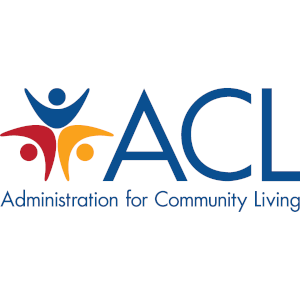
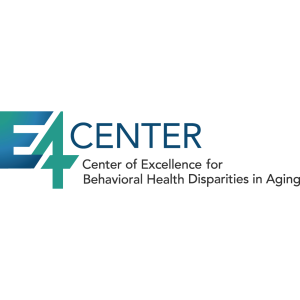
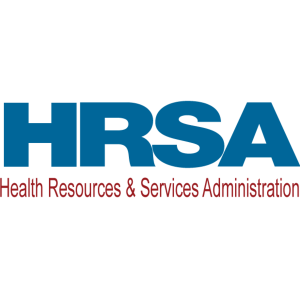
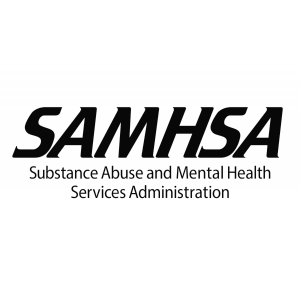
Thank You to Our Sponsors!
